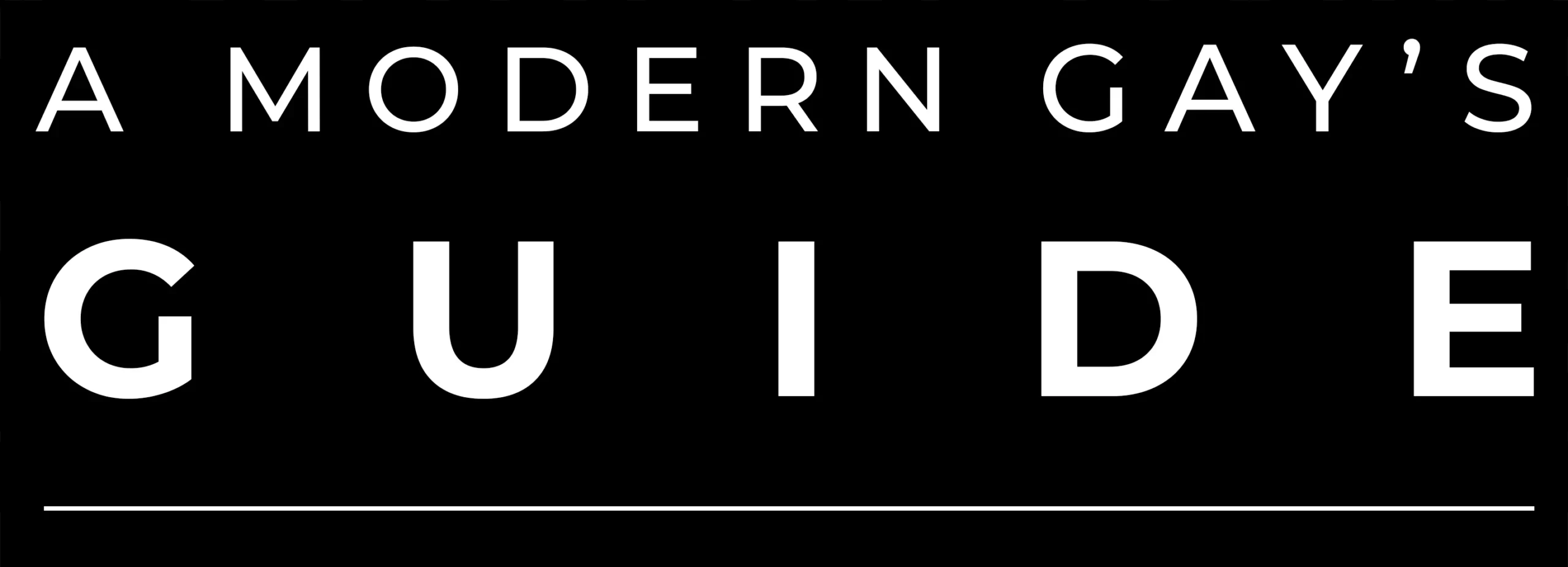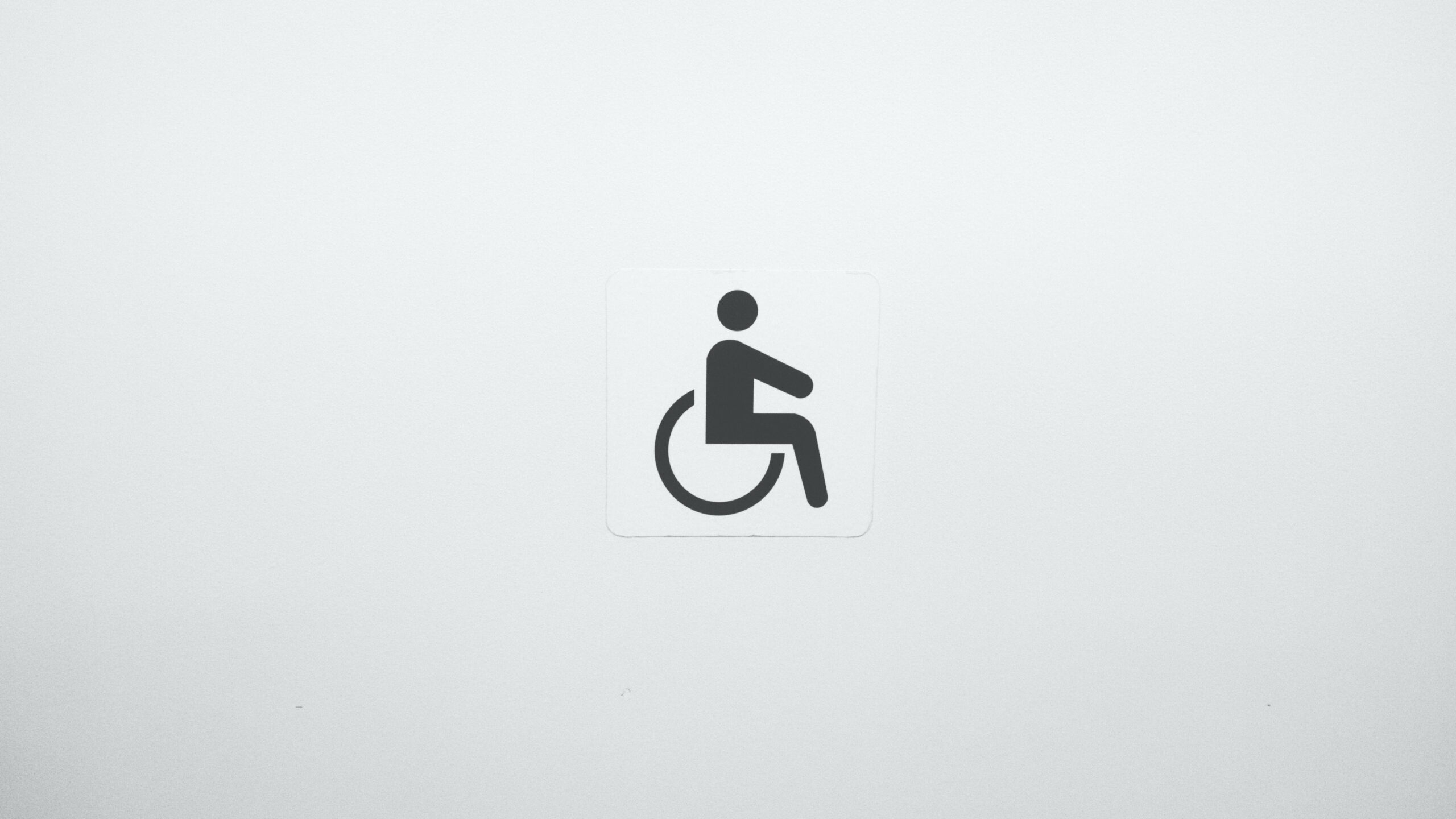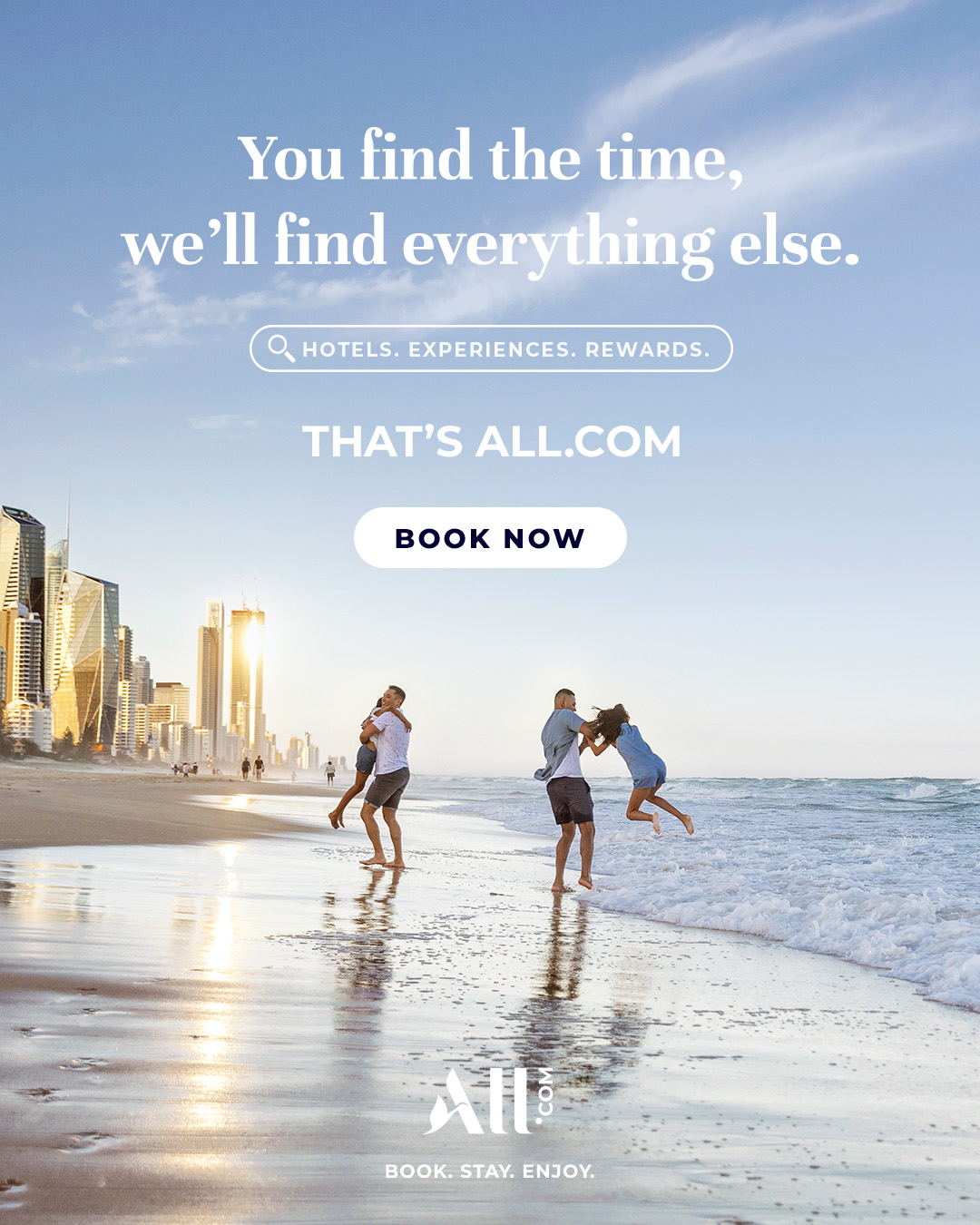Despite the fact that one-in-six Australians are currently living with a disability, we live in an incredibly ableist society. That is, we live in a society in which people are made to feel as though their disability is a burden – something that needs ‘fixing’.
Nobody knows this better than ex-celebrity chef Tony Broun.
Back in 1987, Tony was diagnosed with AIDS (at a time when, “they hadn’t come up with [the term] HIV yet”). Because of this, he developed Kaposi Sarcoma.
“But I bloody survived the damn thing”, he says.
“Then, about 12 years ago, I went back to a doctor that I’d seen many, many years ago, and he put me I this weird cocktail of medications that was all wrong. So now I’ve got optic neuropathy, which affected my optic nerve… So what I see now is in pixels. But I manage, I’m good. And I get on with things”.
Being both gay and living with a disability, Tony has had to navigate a world that was built by and for straight, able-bodied people.
“It’s really tough,” begins Tony, “Because you’ve got to try and stay positive. And trying to stay positive is very difficult”.
Not only does tony have to navigate everyday life as a legally blind person, but he has to navigate Australia’s healthcare system, too. To that, Tony says, “The healthcare system is very difficult to navigate for any person. The first step is to get a good local GP, somebody who you really trust, somebody who can refer you to various services that you might need”.
“Because unfortunately, with the healthcare system, you’ve got to jump through hoops and loops to get anything. It’s you – the person suffering from whatever it might be – who’s got to do the grunt work. But once you jump through the hoops and loops, and you’ve got what you need, or you’re, ‘In The System’, as they say…once you’re there, you can get pretty much anything you want”.
The problem with this, however, is that many Australians don’t know how to jump through these hoops and these loops. Or if they do, they’re simply unable to, whether that be due to their disability, or due to a lack of resources available to them in the first place. Tony says, “because some people don’t understand how to make all the phone calls or jump on their computer and upload these documents, there are a lot of people who fall by the wayside”.
Once you’ve appeased the healthcare gods, however, Tony says that there is an abundance of help on offer. The disability support platform Mable is one such offering.
“Mable is fantastic”, says Tony. “The most wonderful thing about Mable is that you can put up a post saying, ‘I want somebody to do this, and this is my situation’, and you’ll get replies from actual carers. And when you engage with a carer, you deal directly with the carer, not with the agency. So you build a relationship with the carers”.
Additionally, there are organisations like ACON, who specialise in HIV prevention, HIV support and LGBTIQ+ health, and Vision Australia, who work in partnership with people who are blind or who have low vision to help them live the life they choose.
After having lived with his disability for over a decade, Tony has seen how discriminatory individuals and systems can be. In recent times, however, Tony muses that, “there’s a lot of acceptance now that wasn’t there before”.
And to anyone who finds themselves in a situation similar to Tony’s, he has one piece of advice, “All I can say is, follow your thoughts, and do what you want to do. Go and make a difference yourself. Go and do something positive yourself. Make a difference yourself and be proud of who you are in a time when there’s so much difficulty”.




